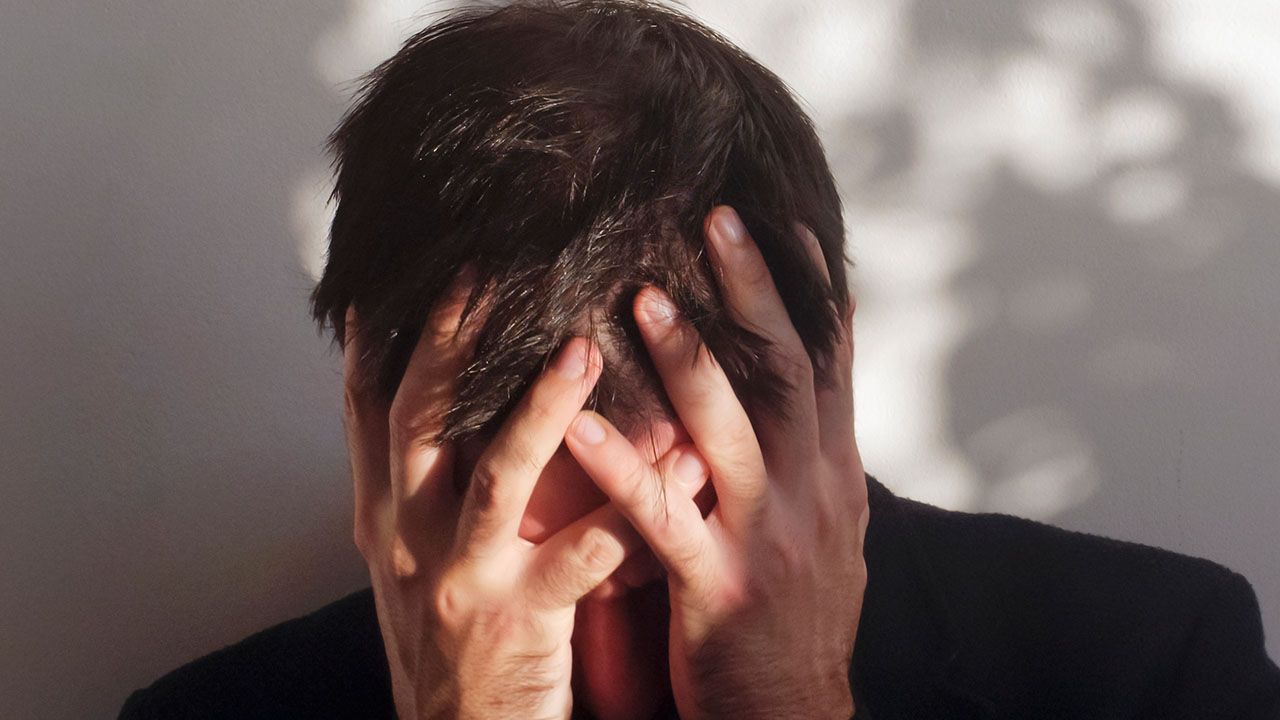Zero Man Suicide campaign aims to break stigma
 CREDIT: NEMKE
CREDIT: NEMKEOn Nov. 19, Voice of Men 360 joined International Men’s Day with the Zero Man Suicide campaign.
Voice of Men 360 joined International Men’s Day for the Zero Man Suicide campaign to host a two-day virtual event with representatives from Sri Lanka, Malaysia, and Canada to discuss initiatives to create awareness on Nov. 19.
“Men typically avoid talking to people about their problems, hardships, and obstacles, which adds to their stress and strain and harms them and others around them,” said founder and president of Voice of Men 360, Sivam Velautham.
He said that the stigma attached to mental health issues and men makes dealing with mental health much more isolating.
“It may be challenging for individuals to reach out and talk about their melancholy, anxiety, or depression due to social conventions,” Velautham said.
The Canadian Men’s Health Foundation estimates that one million men in Canada experience severe depression every year. Furthermore, research shows that only about 30 per cent of people who use mental health services are men, suggesting that men are less likely than women to make use of the resources that are offered.
“We as men sometimes do not know how to verbalize our emotions or share an emotion through any kind of feeling,” Velautham said. “If you cry, society would say you are a man, and men do not cry. Just suck it up.”
Velautham said that if men talk about their feelings, they are perceived as weak in the eyes of society.
“Men bottled up their feelings and emotions for too long. When it gets too emotionally heavy for them to carry, they explode,” Velautham said. “That is when drugs, traumas, depression and even suicide come into play.”
Velautham said that men make up 78 per cent of global suicides. He said having a reliable network of family and friends is crucial, especially during difficult periods.
“I am from Sri Lanka. When I came to Canada, it was hard for me to adapt to the new environment alone,” Velautham said. “The peer pressure and the cultural shock were too much to handle on my own.”
He said he could carry on, but he recognized that not everyone has the same luck or tolerance for those issues. He added that having strong and stable mental health is essential to succeed in any academic program.
“Students tend not to worry much about mental health,” Velautham said. “Projects, homework, classes and academic pressure make it difficult for them to have time to dedicate to their mental health.”
Velautham said having a support group before contacting medical professionals is better. He added that three or four friends willing to listen can make an “unbelievable impact and difference in someone’s life.”
“You can go to them whenever you feel down, or you cannot decide on something or just want to talk with someone,” Velautham said. “Sometimes, even having someone who you can have a personal talk with, even over the phone or text, can be helpful.”
According to Velautham, creating a robust social network with “tight and personal trust” can encourage someone to improve or avoid unhealthy lifestyle habits, boost happiness and reduce stress.
“Quality counts more than quantity,” Velautham said.
Building solid, meaningful relationships that will stick through good times and bad can make someone feel more like they belong and are in better shape than having a wide range of friends and acquaintances.
Velautham encouraged everybody to work together toward fostering understanding, empathy, and support for men and boys facing life challenges, breaking the barriers of social stigma, and creating a society where everybody can freely discuss, seek assistance, and “find hope for their struggles.”
“Rather than mental health, I would call it mental wellness,” he said. “It gives a little bit more refreshment, empowerment and positive impression.”

















